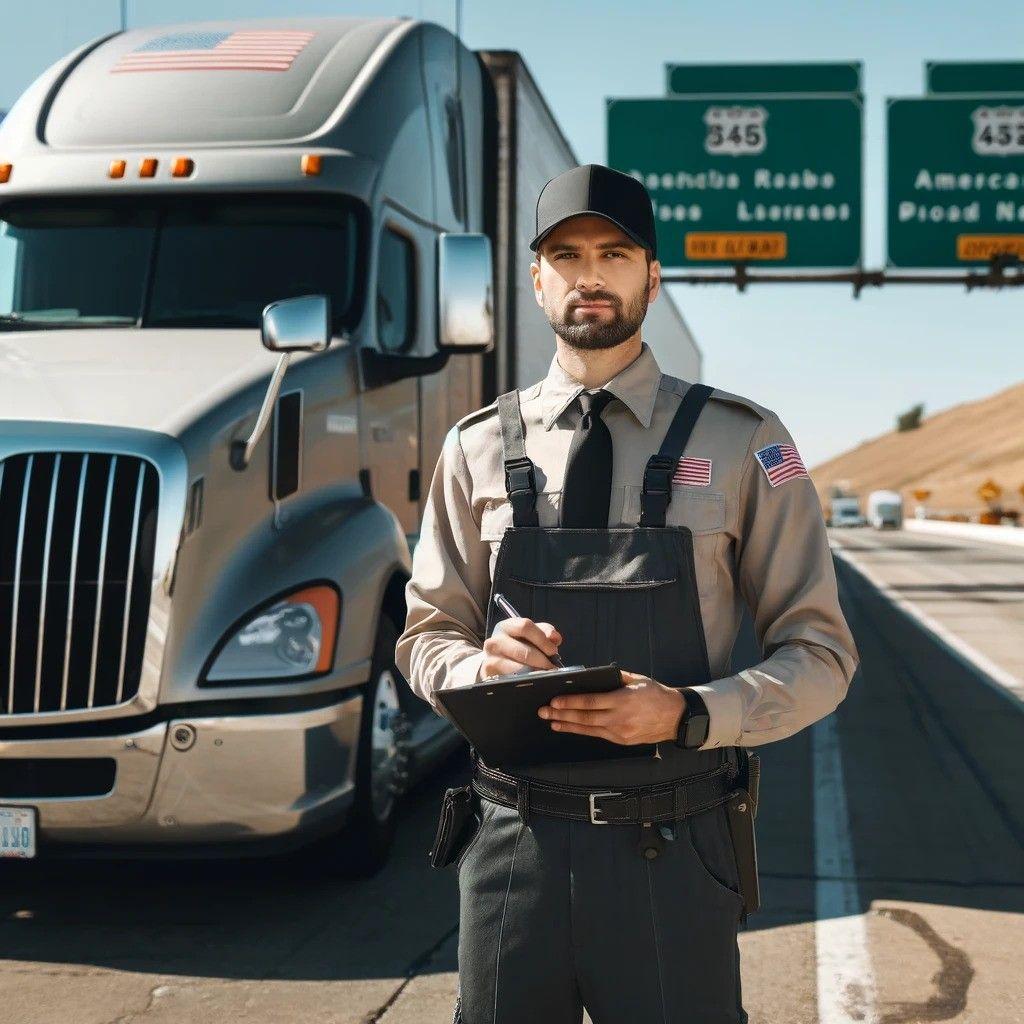
Insights into a Data-Driven Perspective on Forestry
Insights into Effective Freight Management in the Forestry Sector
In the intricate tapestry of the global economy, the forestry sector stands as a significant contributor, with truck-based freight transportation serving as its crucial lifeline. This sector\'s success hinges on the seamless and efficient movement of products from dense forests to global markets. By delving into data and trends, we gain a clearer understanding of how trucking in particular shapes the forestry industry, its challenges, and the innovative solutions being adopted.
The Economic Pulse of Forestry Trucking
- Freight Volume and Value: Annually, the global forestry sector relies heavily on trucking for the movement of its products. In 2023, for example, the United States exported over $9.6 billion worth of forest products predominantly via trucking, underscoring its importance. The volume of timber and paper products transported by trucks is pivotal for both national and global economies.
- Cost Analysis: Transportation, particularly trucking, can account for up to 30% of the total cost in the forestry supply chain. Efficient trucking systems are essential for maintaining competitiveness. Data shows that even a 5% reduction in trucking costs can lead to substantial savings and increased profit margins for forestry businesses.
- Market Reach and Accessibility: Robust trucking infrastructure significantly expands market reach for forestry products. Regions with developed road networks, like Scandinavia, have seen a 20% increase in market penetration over the past decade, primarily due to efficient trucking routes.
Challenges in Forestry Trucking: A Data-Driven View
- Environmental Impact: Trucking in the forestry sector is a notable contributor to carbon emissions. Approximately 15% of the industry\'s total greenhouse gas emissions come from truck-based freight.
- Infrastructure Gaps: GIS data reveals that road infrastructure, crucial for trucking, is sometimes inadequate, particularly in remote forest areas. This inadequacy leads to increased reliance on less efficient transportation methods, raising costs and environmental impact.
- Regulatory Landscape: Trucking faces its unique set of regulations. In the EU, forestry companies allocate an average of 5% of their transportation budget to comply with trucking regulations, impacting operational costs.
Innovative Trends in Forestry Trucking
- Sustainable Practices: The shift towards more sustainable trucking options is gaining momentum. The adoption of electric and hybrid trucks in regions like Norway has led to a 20% reduction in emissions since 2021.
- Technological Integration: The use of AI and IoT in truck logistics has significantly improved efficiency. Optimized routing and load management, powered by these technologies, have resulted in a 10% improvement in delivery times and a 15% reduction in fuel consumption.
- Collaborative Logistics: The adoption of data-driven collaborative logistics models in trucking has been a game changer, reducing transportation costs by up to 25% through shared resources and coordinated schedules.
Freight transportation, especially trucking, in the forestry sector is a dynamic and vital component, deeply influenced by economic, environmental, and technological factors. As the industry navigates through these challenges, the adoption of data-driven strategies and innovative trucking solutions will be key to ensuring sustainable and efficient operations, essential for the sector\'s continued growth and contribution to the global economy.
To get quotes for your forestry company\'s trucking needs, please visit rapidrelay.ai/rapid-quote
Key Topics Covered
Written by
Rapid Relay Team
The Rapid Relay team brings together industry expertise in freight optimization, relay operations, and supply chain innovation. Our writers share insights drawn from years of working with carriers and understanding the complexities of long-haul logistics.


